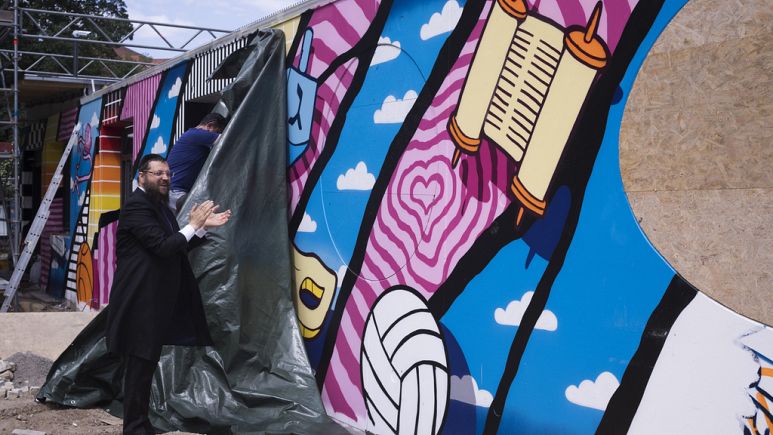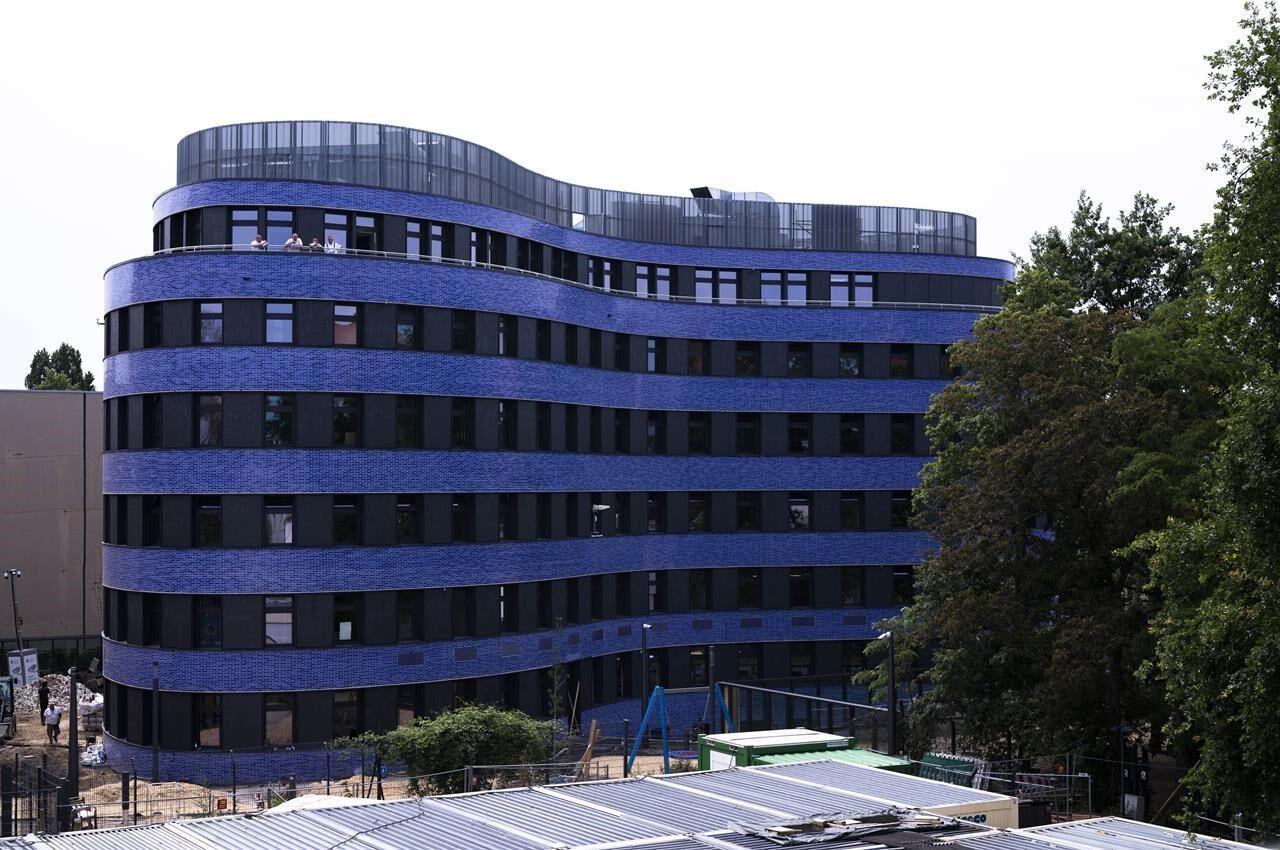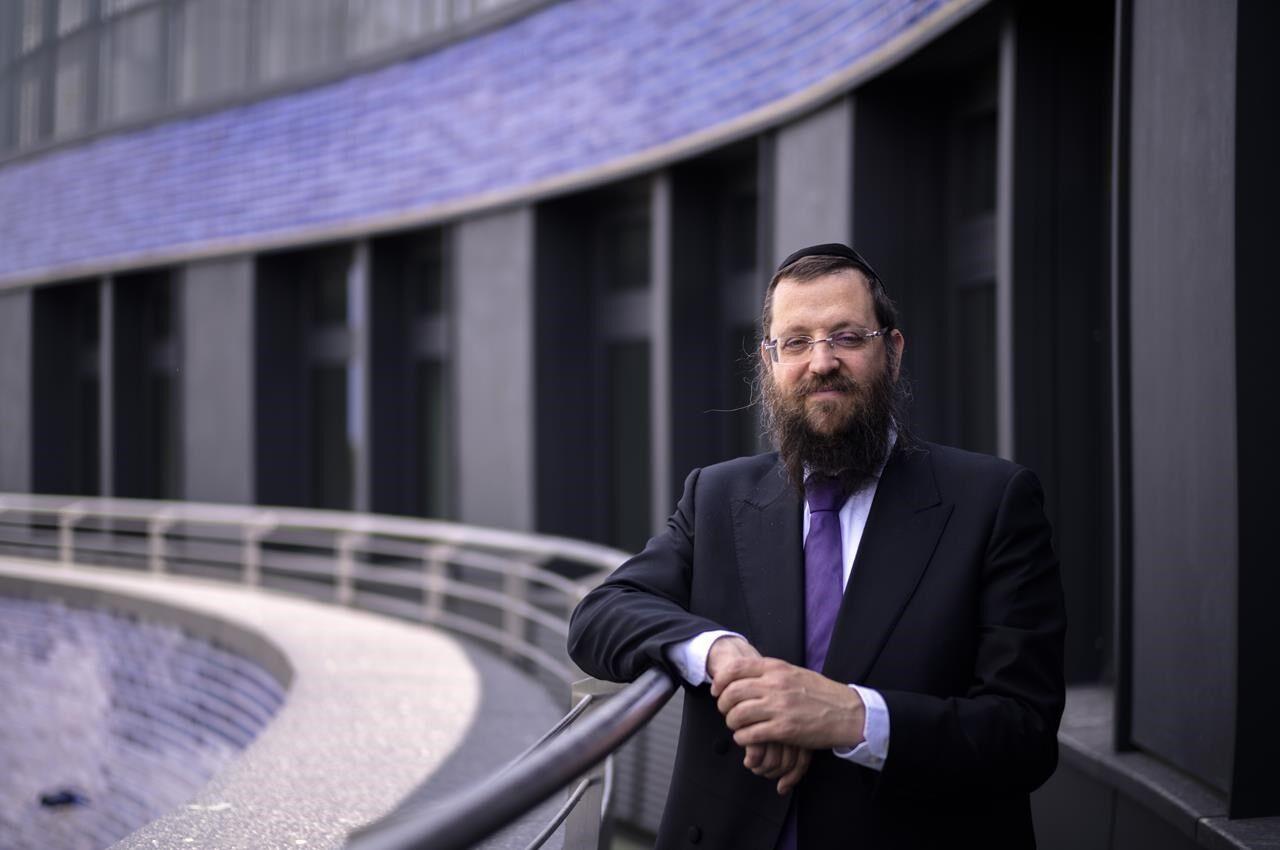Germany celebrates the opening of the Pears Jewish Campus in Berlin, the country's largest Jewish educational and cultural complex since the Holocaust, Euronews reports.

The project, spearheaded by Rabbi Yehuda Teichtal, has been in the works for five years and aims to change the narrative surrounding Jews in Germany. Rather than focusing solely on the Holocaust and anti-Semitism, the campus represents a vision for the future, fostering joy, study, and communal living.
“We’re changing the narrative about Jews in Germany. Too often people only think about the Holocaust and antisemitism when it comes to Jews in Germany. Our Jewish campus is about the future, it’s about joy, about studying and living together,” Teichtal voiced.
Five years after the groundbreaking, Teichtal's dream comes true on June 25, as the Pears Jewish Campus opens its doors in the German capital’s Wilmersdorf neighborhood.

Funded by federal and state governments, private companies, foundations, and donations, the campus is designed to serve not only the Jewish community but also members of other religions. Currently, the Chabad community's 550 students attend different schools scattered throughout the city. With the opening of the campus, they will all be consolidated into one location, promoting a sense of unity and community.
Jessica Kalmanovich, a mother whose children attend Chabad's elementary school and kindergarten in different neighborhoods, expresses excitement about the new campus. For her family, it signifies a significant milestone for Jews in Berlin. The campus's prominence will make Jews more visible in the city while providing a sense of protection and security.
“Every morning, when we drive by the campus, my son asks me, ’When is my kindergarten in the blue building finally ready for me to start going there?’” she said.
Unlike other Jewish institutions in Germany that often hide behind walls due to security concerns, the Pears Jewish Campus takes a different approach. It features a glass fence and is connected to the existing synagogue and community center operated by Chabad. Rabbi Teichtal emphasizes that the aim is to create an open and welcoming space, far from the isolation and confinement of a ghetto.

Rabbi Teichtal, who grew up in Brooklyn and has a personal connection to the Holocaust with many relatives who perished, initially had mixed feelings about relocating to Germany. However, he and his wife Leah embarked on a mission to revive Jewish life in the country, aiming to bring light to the darkness of history. The new campus represents its vision of fostering dialogue, overcoming prejudice, and combating ignorance.
Berlin's Jewish community, which was once the largest in Germany before the Holocaust, has seen a resurgence. It is estimated that there are now between 30,000 and 50,000 Jews living in the city. This revitalization is due in part to the descendants of surviving German Jews, as well as immigrants from the former Soviet Union, young Israelis, American Jews, and more recently, Ukrainian Jews who sought refuge after Russia's attack on their home country.
Berlin was home to Germany’s biggest Jewish community before the Holocaust. In 1933, the year the Nazis came to power, around 160,500 Jews lived in Berlin. By the end of World War II in 1945, their numbers had diminished to about 7,000 — through emigration and extermination.
The opening of the Pears Jewish Campus symbolizes a significant step forward for Jews in Germany. It not only serves as a reminder of the past but also offers hope and a vision for a vibrant and thriving Jewish community in the present and future.
Comments (0)